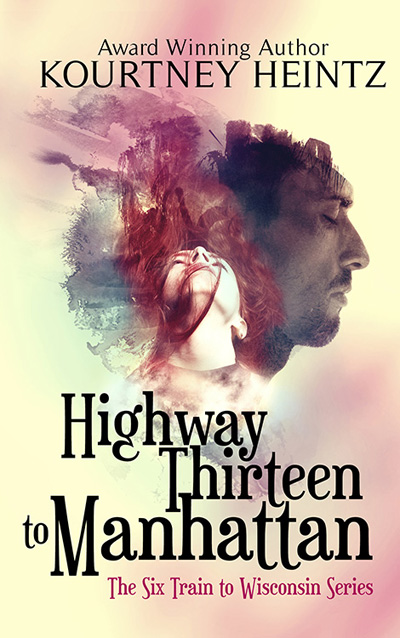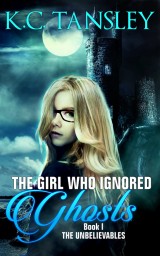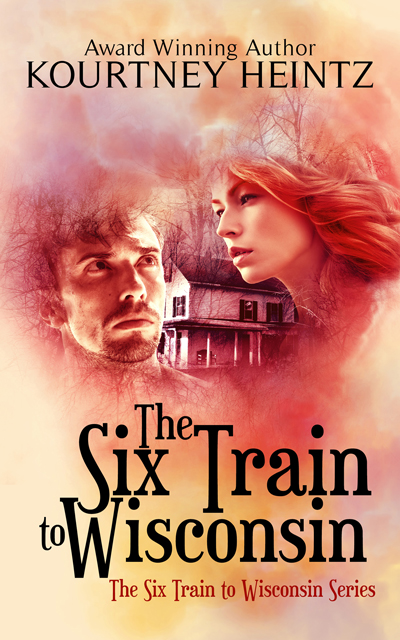Jeff Gerke’s panel on The First Fifty Pages was an intimate look into the mind of an editor. I was so impressed I bought his book,The First Fifty Pages, at the Writer’s Digest Conference and had him sign it.
He has a unique perspective being that he is a multi-published author and is now an editor at his own publishing house.
He explained that the first fifty pages have to:
*Engage the reader
*Introduce the hero
*Introduce the main character
*Establish context for story (establish the normal before violating the normal) Note: this is something others may disagree over.
*Reveal genre
*Reveal story world
*Set tone for book
*Introduce theme
*Introduce villain/antagonist
*Present the stakes
*Start the time bomb (build reader anticipation about the terrible thing that will happen)
*Start the hero’s inner journey
*Inciting incident must happen
*Set up Act 2
*Set up circularity (something you will refer back to at end to give rear feeling of completeness.)
Wow. That’s an impressive to-do list for the first fifty pages.
He then moved on to discussing what goes on inside the editor’s mind. There are a couple chapters in his book on this too.
The key points I took away were:
1) The agent culls the best manuscripts to submit to acquisitions editor.
2) Editors are given the work of acquisitions but no time to do it. They read your submission over lunch or at home.
3) Editors have to consider marketability because sales mean the editors publishing house does well and editor keeps his job.
4) A contracted and published book may only have 1 person in publishing house who read the entire manuscript.
He talked about the four ways to begin a novel:
1) Prologues(e.g., Mulan movie)
2) Hero action (e.g., Indiana Jones)
3) In Media Res (e.g., One Day) this is where you start in the middle and flash back to past, telling story up to the point you started at and usually further forward.
4) Frame device (e.g., The Notebook)
Method 1&2 are the most popular ways to open a novel.
The key thing about a prologue is that it must be used properly to open the book.and it’s important to remember agents have a strong dislike of prologues.
The reason prologues have such a bad wrap is because many new writers use them incorrectly. He said prologues are bad if they are full of backstory and can be consider an info dump.
He also offered a 4 hour bootcamp session, which I unfortunately hadn’t signed up for. I figured my mind would be mush by then. It kinda was.
Though the powerful and captivating speaker, Chris Baty, gave a rousing closing remarks that energized me for my Central Park walk with Emmie.









Pingback: My Favorite Blogs! generated by I Got Some Awards!! « Lisa Hayes Blog – For writers (& fans) of Women's Fiction & Roots Music…
Pingback: Link Feast For Writers vol. 9 | Reetta Raitanen's Blog